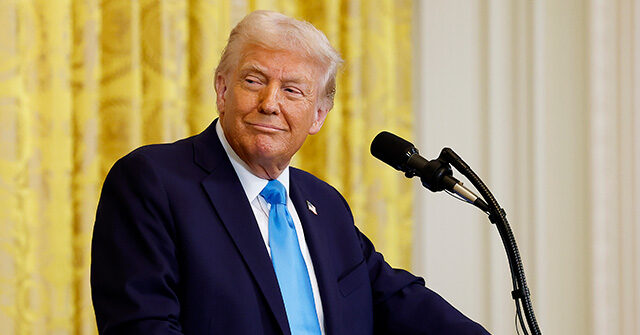The Global Economy As An After School Special
By Peter Tchir of Academy Securities
The Global Economy As An After School Special
This follows directly from Friday’s Warning, for lack of a better word, which leaned heavily on last weekend’s Be Afraid of Certainty, Not Uncertainty. Since anything can happen between the time this is distributed and “Liberation” Day, it seemed like a good time to take a view from 20,000 feet. Which leads me to discussing After School Specials.
For those who don’t know, the After School Special was a type of TV show. Longer (1 hour) with a bigger budget than a typical show aimed at children. But there was always a message or a moral to the show.
The typical show ran something along the lines of:
A bad person, or group (bully, extortion, protection, etc.) does something to a good person, or group (generally weaker, awkward, or “loners”).
Over time the “good” person or group trains, gets organized, or does something to fight back against the bad group or person.
After an attempt or two, the good people win.
More often than not, the “bad” people realize that they have been bad, and come to an agreement with the “good” people or even team up and let bygones be bygones. As “phony” as the rest of the plot, this ending always seemed the phoniest of all.
Right now, the trade war looks a lot like this, with a few plot “twists.”
The U.S. administration believes it has been taken advantage of for years hence it is the good team in this global economic “movie.” The administration is just starting to fight back as the underdog to get even with the bullies/extortionists/protection racketeers.
The rest of the world sees the U.S. as being the bully, the one upsetting the order, and flaunting traditional rules of engagement. Hence much of the rest of the world views themselves as the good people in the global economic “movie.”
Basically, the global economy (and some of this may apply to the ongoing wars and attempts at peace) is living in an After School Special – though everyone seems to believe they are on the “good” side.
The Problem with “An Eye for an Eye”
In theory an “eye for an eye” makes some sense. You poke out my eye, I poke out your eye. We are all even. We move on. Maybe this is where the concept of “reciprocity” fits in?
The problem is, in the real world, even at the After School Special level of preachiness, you can see how things can get out of control. No one can figure out who took the first eye, so it just keeps going on and on. Sound familiar to the tariff “negotiations” or rationalizations?
Why did you slap me?
Because you made fun of my girlfriend.
Oh, but I said that because you mushed my brother’s ice cream into his face.
And I’m sure there was a reason to mush the brother’s face in ice cream.
And on and on and on.
Okay, this sounds juvenile (and it is) but isn’t what we are…










